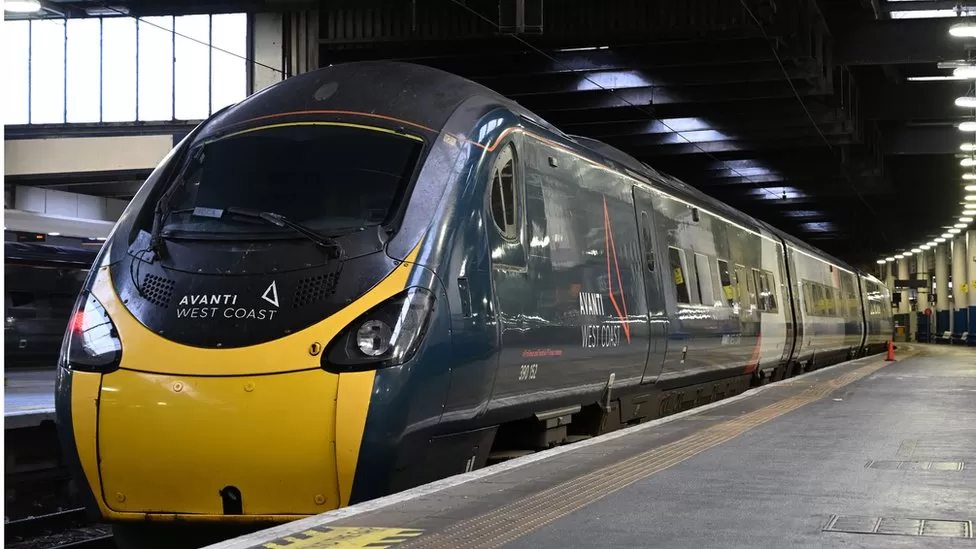Rail passengers are facing disruption on Saturday as train drivers stage a further strike over pay and conditions. The fresh wave of industrial action by members of the Aslef union means fewer than half of trains will be operating. Some journeys will be subject to short-notice cancellation and passengers are advised to check before they travel. Businesses have called for an urgent resolution to the dispute within the rail industry which has been going on for more than a year. Aslef members will also strike on Wednesday, 4 October, and are implementing a five-day overtime ban between next Monday and Friday. Pubs and restaurants are among 37 companies who have co-signed a letter with UK Hospitality, the industry association, to Transport Secretary Mark Harper, train operators, and unions stating that the latest strikes will cost the sector up to £400m.
The likes of Rick Stein, Greene King, Revolution Bars and Fuller’s have also asked all those involved in the dispute to make a public commitment not to strike over Christmas. They wrote: “The festive season is a crucial period for our workforce: missed shifts and subsequent lost earnings – including lost income from tips – would be most acutely felt around Christmas”. But on Thursday, Aslef’s secretary general Mick Whelan said he would not rule out further strike action in the Christmas period, adding that the union was willing to talk to rail companies, but “no-one’s interested, they don’t want a resolution”. Train companies said that service levels on Saturday will vary across England, and some journeys in Scotland and Wales will also be affected.

Workers across 14 different train companies are expected to take part in strikes on Saturday. They are:
- Avanti West Coast
- c2c
- Chiltern Railways
- Cross Country Trains
- East Midlands Railway
- Great Western Railway
- Greater Anglia
- LNER
- Northern Trains
- South Eastern
- South Western Railway
- Transpennine Express
- West Midlands Trains
- GTR (including Southern, Gatwick Express, Thameslink and Great Northern)
The strikes coincide with the Conservative Party’s annual conference in Manchester which begins on Sunday. The rail industry is likely to be a subject of discussion as speculation mounts that the Birmingham to Manchester leg of HS2 rail link may be scrapped. Network Rail has advised of “significant disruption”, with services also likely to start later on the day immediately following a full strike day. It said that customers with advance, anytime or off-peak tickets for travel on Saturday can use their tickets up to and including Tuesday, 3 October. Network Rail also said there is a fee-free refund or exchange available for those who choose not to travel on strike days. It added that there is cross-industry ticket acceptance between different train companies and temporary removal of “certain ticket restrictions”.
With more than a dozen train companies affected, the Rail Delivery Group (RDG) – which represents train companies – said its offer for improved worker pay remained on the table. It said its offer was reasonable, claiming that it would bring average driver salaries from £60,000 to £65,000. Aslef rejected proposals in April, which involved pay rises of 4% two years in a row, in exchange for changes to ways of working. The union has argued that drivers are being asked to sacrifice their working conditions in exchange for a below-inflation pay rise. Aslef and the RMT union, which represents other rail workers, have held a series of strikes since last summer which have brought much of the network to a standstill. Separately, there will be strikes on London Underground by RMT union members on Wednesday, 4 October and Friday, 6 October.
![]()





